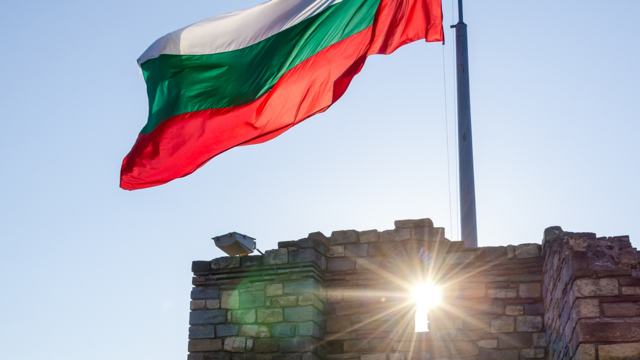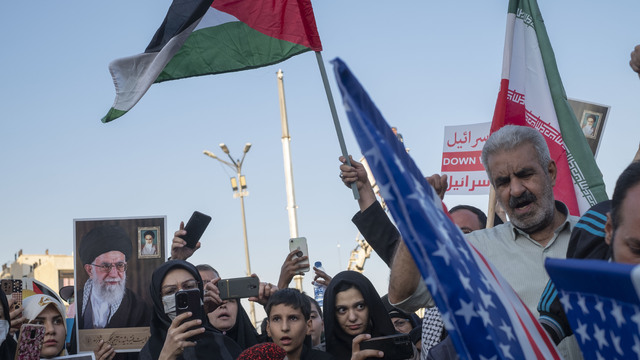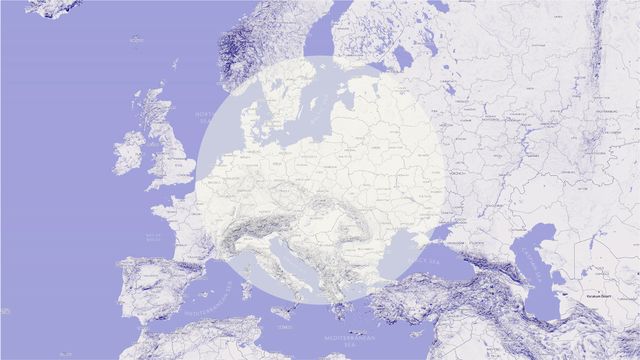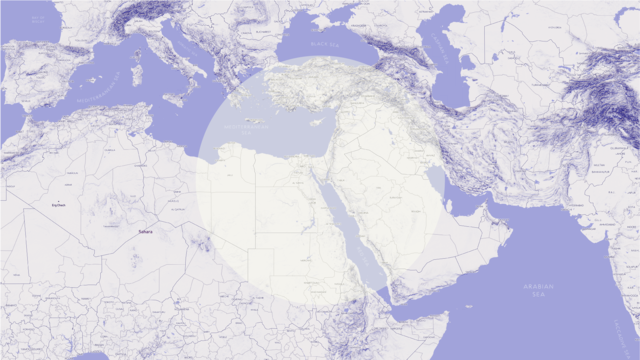Kurdistan and Catalonia as new states? Caught between sovereignty and peoples’ right to self-determination
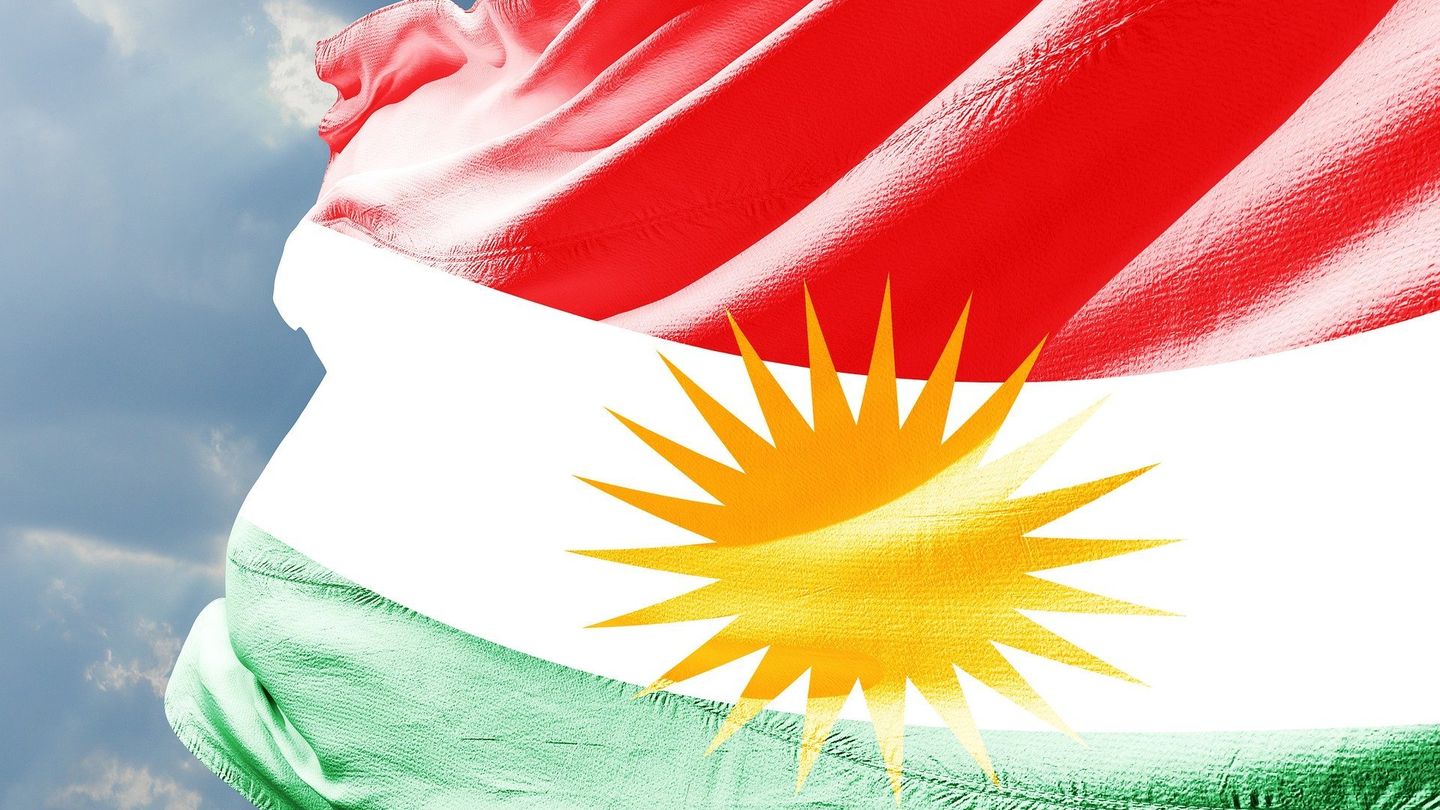
During recent weeks, two major referenda have taken place with serious ambition: to create new states by secession, one in Catalonia in Spain, one in the Kurdish territory in Iraq. The current analysis sheds light to the international legal background of similar situations and their possible consequence under the current legalpolitical circumstances.
Is it possible to create a new state?
Established rules of international law does not regulate the creation of states. It only specifies the criteria, the fulfilment of which gives sovereignty to an entity, meaning the status of a state. These are codified in the 1933 Montevideo Convention, an international treaty widely accepted today as reflecting established customary law, developed during the de-colonisation era. These identified main criteria are territory, population, government and the ability to maintain relations with other states.
With every new entity with ambition of becoming a state, the examination of these criteria is needed. In the most cases, they are seemingly fulfilled, but a more thorough legal analysis usually lead to disturbing results, often already with the first element: territory. As all available territory is “taken” by already existing states, a new state cannot be created out of nowhere, and as a result, it usually means an infringement with an already existing state, and its sovereignty, which is not an easy problem to overlook, as sovereignty of states is the base of current system of international law.
One of the most popular argument heard related to situations of new states is the number of states recognising the new entity. It is important to emphasise, that while state recognition is an important political factor and can serve as a proof of the new entity being able to enter into international relations, the number of recognitions obtained is not a constitutive element by itself. An act of recognition primarily does not even talk about its subject entity, but rather about the state that makes it, or refuses to make it, first, about its opinion about the entity’s status (which can be contrary to the legal criteria mentioned above), second, about its future legal obligations towards the entity. For example, in the case of lack of recognition, a state’s authorities will not accept official documents issued by the authorities of the given entity as being official documents, and generally, the state will not recognise any official status of representatives of that entity.
Collision between fundamental values
As indicated above, one of the main point of modern international legal system is the sovereignty of states, which among other elements mean the sanctity of state territory and borders. Parallel to this, peoples’ right to selfdetermination has also been developed and recognised, which gives people the right to determine their own political status, including the chance to create a state to themselves. This has originally been interpreted as a legal mean to struggle against colonialism, later got widened with – often politically motivated – new interpretations including the right to resist dictators, apartheid, oppressive governments or occupying powers. These new interpretations have started to cause disturbances in various fields of international law, after having been included in the UN’s human rights covenants of 1966, or in the 1977 Additional Protocol I of the 1949 Geneva Conventions regulating laws of war, or in various UN conventions on counter-terrorism, as those have been used to justify actions which otherwise would have been qualified being illegal – e.g. providing legal protection for the taking of a hostage, arguing that it is actually not a hostage-taking but a legitimate act of capture in an ongoing war against “foreign occupation”.
The original interpretation has not meant any practical collisions. Legitimate goals of anti-colonist movements had enjoyed precedence over sovereignty of states keeping colonies, but when a subset of a population wants to break off of a state today, the collision becomes inevitable, and as usual, the vacuum in the international legal and political system will be filled with political actions and interpretations, reflecting actual interests instead of legal clarity. This gets even more complicated with the new interpretation of the principle, totally separated from its original colonial context.
International law is often not decisive when it comes to unilaterally seceding or declaring independence from a state. It does not contain any explicit norms about how or when it’s permissible, but this is of no surprise if we consider its nature, being the result of consensus of states. Those would always keep this question as being subject of their domestic constitutional system, understandably often excluding this possibility to protect their own integrity. As a result, there is no recognised right to secede under international law in general, but this also leaves the question of its legality opened in certain situations.
The 2011 independence referendum of South Sudan has been made possible by an internationally brokered peace agreement ending a long-running civil war, meaning that it has not only had international legitimacy, but the government itself had effectively consented to it, including the possibility of secession of the territory. Even more obvious was this with the 2014 Scottish independence referendum, which was explicitly made possible by domestic law, and as such, it has not attracted any serious legal disputes, regardless of its result. As these situations are covered by domestic law, international law does not have to deal with the legality of the secession, apart from the state criteria being fulfilled in the case of secession, and human rights being respected during the process.
The recent situations are far from being the same. Neither Spain has consented to the independence referendum in Catalonia, nor Iraq to the one in the Kurdish territory, and logically none of them supports the secession of the respective territories. Without this consent, without a domestic legal justification, many tend to try to invoke international law, but as we have seen above, this does not promise a reassuring solution.
Kosovo “not a precedent”, but still…
According to my opinion, the “original sin” was the situation of Kosovo, and its treatment in international politics. Its declaration of independence from Serbia had strong political support of the United States and many of its European allies, while opposed by Russia, putting the situation on the table of global politics. Not-too-loud arguments for the legitimacy of Kosovo’s independence have been centred around the oppression and ethnic cleansing against ethnic Albanians, developing an additionally new interpretation of the principle of self-determination. And unfortunately the International Court of Justice in its advisory opinion on the matter has not rushed to the save the day with a clear legal analysis of the situation, taking a position in the collision between sovereignty and peoples’ right to self-determination, according either to the old, the new, or this even newer interpretation. Instead of that, it has referred the question to domestic law, leaving enormous space to states’ own political positioning, the result of which have been the somewhat ridiculous term used in many declarations of recognition, stating “this is not a precedent”, or similar. As of today, while Kosovo has been recognized by over a hundred states, still has not been admitted to the United Nations, still has not fully managed to settle its relationship with Serbia, and more importantly, it has become a precedent, while the situation itself has become “frozen”.
After that Russia has justified its political actions to create similar frozen state/non-state situations, e.g. its involvement in the secession of South Ossetia and Abkhazia from Georgia, or the situation of Crimea by pointing the finger at Kosovo, in the last situation additionally arguing about the supposed desire of the people to re-join Russia, for which even a referendum was organised. While not in any of these situations have any serious efforts being made to refer them to any independent and credible dispute settlement institutions of international law.
The use of referendum as a tool of self-determination?
Referenda are important tools to collect opinion from the public, and in many cases to give the chance for the practice of direct democracy, to make legally binding decisions by the people. It is a domestic legal tool, that international law is not easy to synchronise with, as international law is binding on states and orders governments for some actions that they had taken the obligation to do so earlier. No wonder, that even many of the constitutional systems, allowing referenda in general, prohibit those which aim on issues related to which the state is bound by provisions of an international treaty. Referenda and their results are subjects of domestic law, even if their results or even the fact of those happening may effect international relations and politics, or if they specifically are used for that purpose.
Considering the use of referenda, those are also a very important tool for political purposes, namely for applying pressure, or justifying, sometimes pre-justifying a political action, for example a secession or the creation of the new state. Seemingly this is the new role that is found to referenda related to questions of international law, but there is the valid question, if this tool has real power in international law? My answer would still be negative, but now more and more start to talk about “democratic right to secession”, regarding Catalonia, while fending off counterarguments related to Crimea arguing that that referendum was not fair or duly organised. I think this is a weak argument, as while the Crimea referendum has undoubtedly had many flaws, the result would have probably been similar in case a free and fair referendum as well, and it does not answer the basic question: can we use a domestic law instrument – being a per definitionem unilateral decision – to have a deciding power in international law, which is based on consensus between states?
Comparison of the Kurdish and the Catalonian situation and possible future
Does the Kurdish or the Catalonian people have right to self-determination? And if yes, what are the tools they can legitimately use for practicing it, and what may be the possible results of that?
The most important point is to stress on the differences between the situations of the two peoples. The Kurdish have been – and in many aspects still are – living under oppressive circumstances. As an ethnic group, they had been made subject to genocidal attacks by the regime of Saddam Hussein, using chemical weapons, which is legally speaking, the same state they wish to secede from right now. Their current practical autonomy and independence was made possible by the fact of the territorial state effectively losing control and this vacuum has been filled by this new entity, intensely supported by the international community, especially because of its fight against the Islamic State terrorist organisation. The fact that now these same states are concerned by the political consequences of a new Kurdish state, is not subject to legal, rather to political considerations, even if serious ones.
None of these, or even similar factors exist in the case of Catalonia, where people have lived in an autonomous territory in the framework of a European state, operated on the rule of law and constitutionality, enjoying human rights guaranteed by international law and the European Court of Human Rights. This is true even if we may conclude that 4 the police force employed to keep the referendum from happening seems to be excessive and probably means a human rights violation of a massive scale – but this is still up to investigations in the near future by the relevant Spanish authorities.
The two situations are practically incomparable. In my view, the Kurdish entity can probably invoke some of the elements of the newer interpretation of peoples’ right to self-determination, while Catalonia cannot find these arguments in its case. Additionally, it seems now that Catalans may have fallen into the trap of the cheap illusion offered by an even newer interpretation of the already problematic new interpretation, believing that merely the application of a democratic tool of expression of self-determination would be enough to circumvent substantial legal fundaments of their claim. Of course, this is a painful experience especially to Western powers, who have been turning a blind eye for a long time to the frozen situation of Kosovo, seemingly accepting democratic ideal as a basis of secession, and then letting Russia to use it as a precedent. Recent events in Spain are also raising concerns about the future of the situation: after the unilateral declaration of independence on 27 October 2017, the creation of the Catalan Republic, the Spanish authorities have made steps to revoke its autonomous status and possibly initiating criminal proceedings against individuals playing role in the independence procedure. Based on domestic legal provisions, it is not impossible, that this independence claim will end up in domestic courts, followed the probable silent support of European states and many of the individuals living in Catalonia – considering the relatively low voter turnout on the referendum and recent pro-unity events in the “country”.
On the other hand, the Kurdish situation is visibly formed now by the fact that local leaders are willing to use “realpolitik” to reach their goal, independence, for which the referendum is a political step to force negotiations with Baghdad, ideally to get its consent to secession of the territory. In this process, the referendum is a demonstration of democratic decision making, rather than actual decision making – with the main goal of tackling criticism from the United States and other states, and maybe getting their support. Seemingly this strategy has produced limited results so far, if any, as states have not started to support the idea of Kurdish independence, because of its political consequences and their own interests. This is the point where the legal uncertainty of the situation once again may lead to a politics-driven frozen state/non-state situation in the future, as it is still arguable if – contrary to Spain – the territorial state has the effective power and real political will to step up against the secession procedure.
